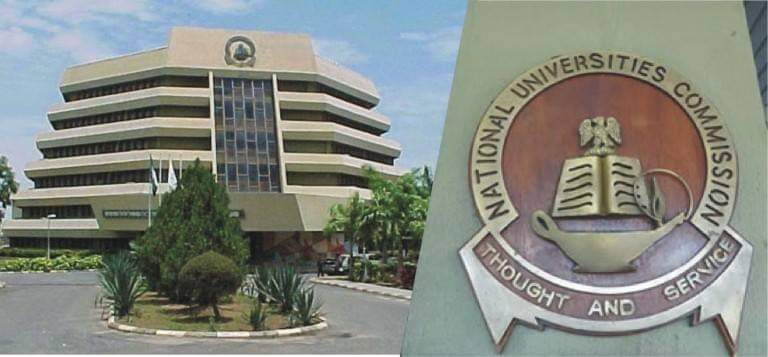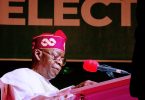The Executive Secretary, National Universities Commission (NUC), Professor Abubakar Rasheed, has lamented that the Nigerian public universities get far less that the N1 billion budget for energy every year.
He made the assertion during a pre-convocation lecture of the 4th combined convocation of Bingham University in Karu, Nasarawa State.
The topic was ‘Issues in the Nigerian Tertiary Education System.’
He said that there was a need to invest more in the education sector as the impact of low education budget tends to heighten the illiteracy rate.
“We need to be more serious with our education sector in this country. Public universities have to budget close to N1 billion for energy every year to buy diesel, pay for electricity, service the generating sets, attend to some other things and what is the government giving them?
“We will be going for federal universities budget defence at the National Assemble and if we are lucky, the National Assembly may allocate between N11 million to N12 million per month as overheads to take care of energy every month.
“But in reality, what universities spend is between N60 million to N80 million monthly to pay for electricity and that is why there are inadequacies in the aspect of water supply, counselling, support for teachers, communication, internet and cleaning services,” he said.
The executive secretary said that in many universities, there are huge infrastructure deficits coupled with grossly inadequate lecture halls, laboratories, offices, hostels, internet and electrical facilities, among others.
He, however, commended the Tertiary Education Trust Fund (TETFund) for its intervention role, saying that “without TETFUND, most universities would have gone into extinction.”
Rasheed, while speaking on the impact of educational budget on governance and development in Nigeria, said that the impact of low allocation to education by the past and present administrations was evidence across the country.
“The widening gap of out-of-school children which currently stands at 18.5 million is the highest in the world.
“The figure has jumped from 10 million as now parents withdraw their children from school due to fear of abduction, and the rest. The illiteracy rate now stands at 78 million while tertiary enrollment is put at 10.1 percent.
“This has affected the youths development index which places Nigeria at 161 out of 181. This describes the increasing level of frustration and disillusionment among the youths of this country.
“This is happening as a result of low funding of education, especially at the local government level. The quality of Nigeria’s primary education is ranked 120 out of 136 in the world,” he said.
He, therefore, called for more investment in education as a country, while also calling for massive technical skills as well as building more schools and equipping them.
He added that the issue of governance was posing a lot of challenges in tertiary institutions especially the public institutions.
According to him, the key to the survival of private universities is the strong governing council, but this is not so with public universities.
Rasheed said that the neglect of education was an invitation to chaos and disorder in the society, hence, adequate attention must be given to the education sector to enhance national development.
He added that the issue of governance was posing a lot of challenges in tertiary institutions especially the public institutions.
According to him, the key to the survival of private universities is the strong governing council, but this is not so with public universities.
Rasheed said that the neglect of education was an invitation to chaos and disorder in the society, hence, adequate attention must be given to the education sector to enhance national development.








